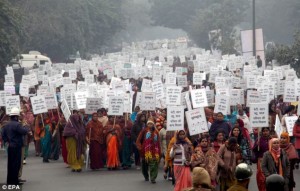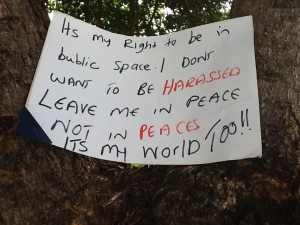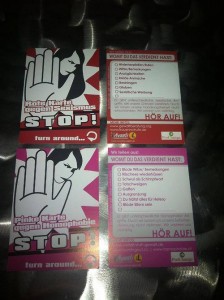
Today marks three years since the horrific Delhi gang rape of a young woman – dubbed Nirbhaya by the media — at the hands of several men on a bus in India. Their attack ultimately led to her death and sparked some of the largest anti-rape protests the world has seen.







